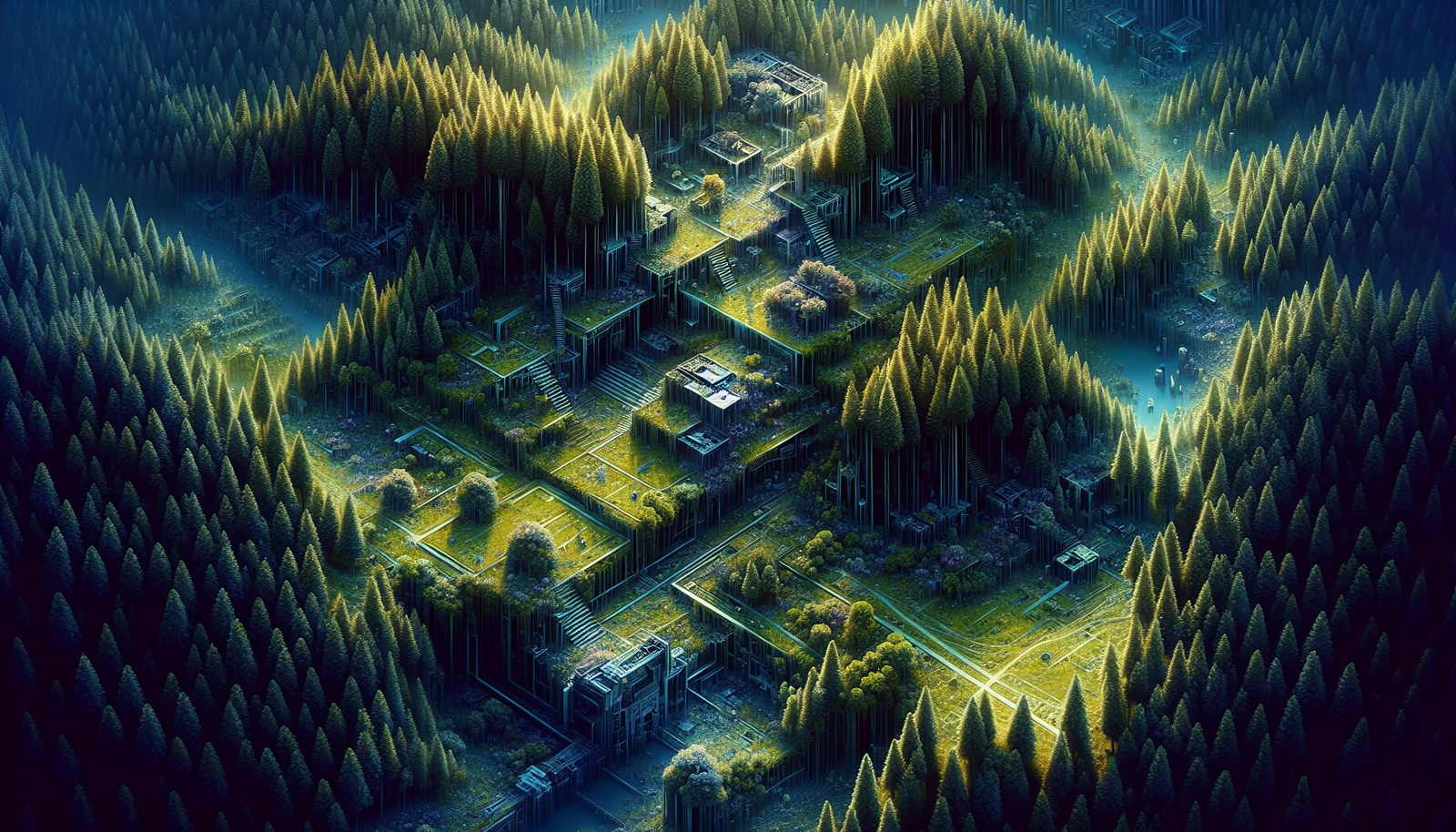Artificial intelligence, while innovative, serves as a distorting mirror of human reality. *The images generated by AI* raise essential questions about our conception of authenticity and history. *The digital age* allows for the creation of visual representations that could distort our understanding of the world.
*These creations risk rewriting our past.* The proliferation of fake historical documents calls for increased vigilance towards information. Beyond aesthetics, these technologies hide major societal and ethical issues, disrupting the traditional role of documentary photography.
The images generated by AI: a new paradigm of information
The democratization of artificial intelligence, particularly through platforms like Midjourney, has led to a proliferation of artificial images that present themselves as authentic representations. These AI creations confront us with a disturbing reality: we can no longer always distinguish the true from the false. The spread of these “period photos” fiction poses questions about the reliability of the information we consume.
Risk of rewriting history
The images produced by artificial intelligence hold the potential to rewrite our history. These visual representations alter our perception of the past, transforming historical events into blurred elements, shaped by imagination. The emergence of misleading illustrations risks influencing not only collective memory but also public discourse surrounding certain events.
Increased vigilance against disinformation
With the advent of generative AIs, the necessary vigilance of citizens is heightened. Exposure to this new type of content demands a developed critical mindset. Users must learn to identify not only the sources of information but also the images that may conceal disturbing truths. Photographs, intended to illustrate an objective reality, are now tinged with subjectivity.
The challenges of photojournalism
Photojournalism faces unprecedented challenges. Image professionals, such as photojournalists, feel an increasing anxiety in the face of these digital chimera. The danger of disinformation looms over public perception, as well as the legitimacy of their profession. The normalization of fake visual reports threatens their work while also provoking a growing mistrust towards any image.
The question of copyright and creativity
AI art generators facilitate creativity but raise questions about the authorship of works. Current legislation regarding copyright struggles to adapt to this new order. Who holds the rights to an image generated by a machine? The regulatory confusion surrounding this issue requires urgent attention to prevent abuses.
A revealer of stereotypes
These false images amplify our worst stereotypes. AI algorithms, often trained on biased data, reproduce and exacerbate discrimination. This phenomenon highlights the need for strict regulation and an ethical approach to AI in order to protect human values and maintain autonomy in the face of these machines.
Impact on the perception of reality
The convergence of physical reality and synthetic images blurs the lines of our perception of the world. The impossibility of determining the truth of an image raises major ethical issues. The search for truth becomes a struggle against a growing manipulation of images and information. Societies must prepare for this new era of visual imposture and disinformation.
The response to the challenge of OpenAI and other players
Faced with these pressing issues, companies like OpenAI are innovating with models such as DALL-E 3 and GPT-4 Vision. These tools aim to improve the creation and verification of images while addressing the ethical implications of AI. The search for a balance between creativity and respect for human values emerges as a collective challenge.
Conclusion on the human experience in the face of AI
The development of a social network devoid of human users, like SocialAI, highlights the absence of authentic relationships in an increasingly digital world. The way these technologies influence our human interaction calls for deep reflection on our collective identity. Understanding and interacting with these AI creations thus becomes an essential skill for future generations.
Frequently Asked Questions
What are the main implications of AI-generated images on our perception of history?
AI-generated images can rewrite our historical perception by creating misleading visual representations that blur the lines between reality and fiction. This can lead to misinformation regarding past events.
How can AI images influence the spread of false information?
AI image generators, such as DALL-E and Midjourney, can produce visually appealing content that, taken out of context, can be used to spread fake news and manipulate public opinion.
What are the ethical risks associated with the use of AI-generated images in journalism?
These images pose ethical challenges regarding the truthfulness and authenticity of reporting, calling into question the credibility of journalists and the responsibility of their publications.
Do copyright laws apply to images created by AI?
The question of copyright concerning AI-generated images is complex and evolving, as no definitive legislation is in place to establish ownership of entirely autonomous creations by machines.
How can users distinguish an AI-generated image from a real photograph?
With technological advances, it is becoming increasingly difficult to make the distinction. Users must therefore remain vigilant and refer to reliable sources to validate the authenticity of an image.
What are the consequences of normalizing AI-generated images on our societies?
The normalization of these images can lead to a normalization of misinformation and a decrease of trust in the media and images in general, especially in a context where truth is essential.
How can AI amplify stereotypes through the images it produces?
AI image generators leverage training data that may reflect cultural and societal biases, leading to stereotypical and sometimes harmful representations of various populations.
What role does education play in understanding AI-generated images?
Education plays a crucial role in raising awareness among individuals about the issues related to AI images, helping them develop critical skills to analyze and evaluate the visual content they encounter.






